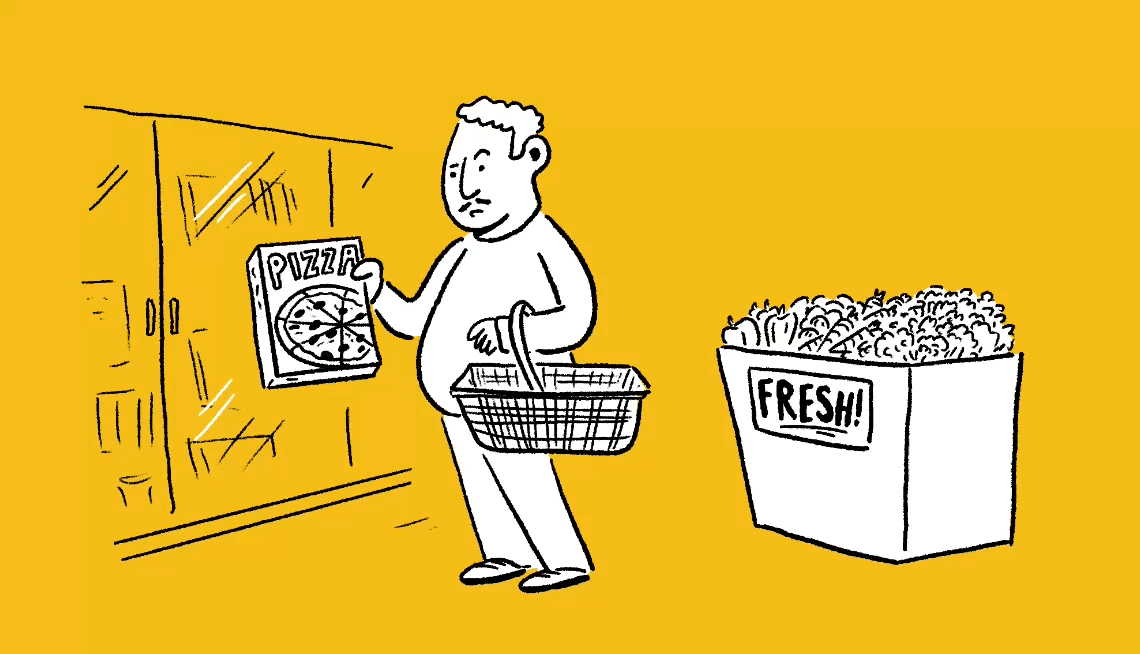AARP Hearing Center


What’s the best diet to lose weight?
Why we pack on pounds is a complicated issue. So when my patients ask me to recommend a diet to help them lose weight, I begin our discussion by asking: “When did you start gaining weight?” I frequently hear things like: “When I had kids, when my divorce went through, or after I gave up running.” It might be when they began going out for late business dinners, or they retired and started snacking and streaming. Whatever the reason, identifying when you started gaining weight is a good place to begin.
Now let’s look at why. It may be linked to a medical issue. For instance, certain medications such as steroids, beta blockers, antihistamines or diabetes drugs, as well as depression and anxiety, or menopause and thyroid problems, can contribute to weight gain. Sometimes a lack of sleep can cause an imbalance in the hormones that regulate our appetite.
Also consider your resting metabolic rate (RMR) — the number of calories your body burns when it’s at rest. Your RMR naturally slows down as you age, which means even though you might be taking in the same number of calories that you did 10 years ago, your RMR is slower. Most of us are less active as we age, too. The result? A gain-gain situation — and not in a good way.
It's not just the number on the scale that matters; it’s where your extra weight is going. If those pounds are around your waist, you’re increasing your risk of developing serious health conditions. Abdominal weight, or belly fat, is linked with heart disease, high cholesterol, high blood pressure — even cancer.


Ask Dr. Adam
Adam B. Rosenbluth, M.D., is an internist and cardiologist in New York City. Each Monday, he’ll weigh in on your questions about how to make your body work better for you. His AARP book will be published in 2027. Join in on the conversation on social media @dradamrosenbluth to learn to move the needle on your personal health in an achievable way.
Now that we have a picture of when, why and where we gain weight, if somebody asks me: “Adam, what’s the best diet?” My simple answer is that it should be one that’s high in lean protein like fish or fowl, and includes a variety of fresh vegetables, whole grains and fruit. I also say move away from carbohydrates, avoid processed foods and sugary sodas, consume sugar sparingly, and pay attention to your portion size. Alcohol also has a lot of empty calories and can make people hungrier and more likely to snack on unhealthy food.




































































You Might Also Like
#1 Belly Fat Exercise
How to relieve back pain, improve posture and balance and make your belly fat healthier
25 Foods That Won't Cause Weight Gain
Eat these to your heart's content
Is It Healthy for Older People to Be Overweight?
A doctor explains why weighing too little can be dangerous for your health